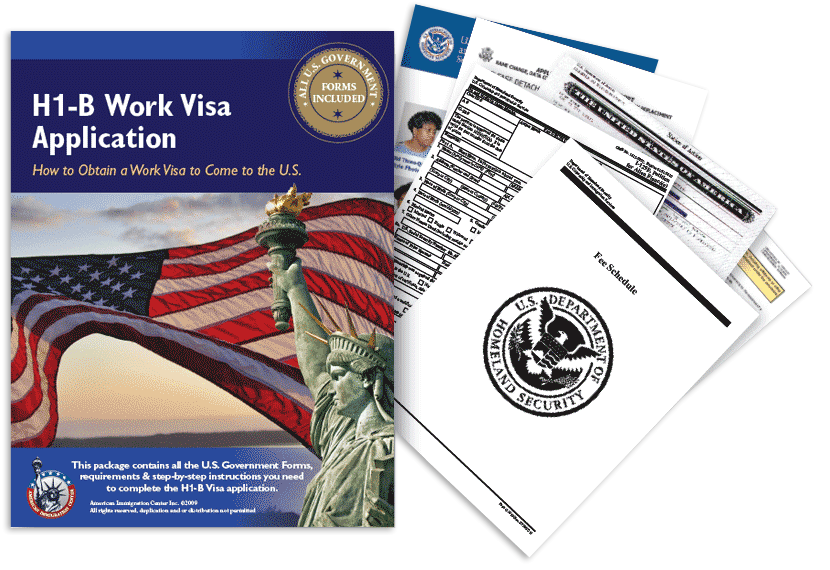Just how is explained very nicely in the NY Mag piece:
In short, as head of the Executive Branch, President Trump is asking an executive branch agency to enforce existing rules more forcefully. He is not changing the law, he is simply asking that it be enforced differently!The order will direct the the departments of Labor, Justice, State, and Homeland Security to conduct reviews of the H-1B visa program and propose reforms. The Trump administration says current rules are going unenforced, and they want to see changes that ensure the visas are only going to “the most highly skilled workers.” According to the Washington Post, administration officials described various ways this could be accomplished: "The officials said reform could first come through administrative changes, such as raising the visa application fees, adjusting the wage scale to more accurately reflect prevailing salaries in the tech industry, and more vigorously enforcing violations. It could also change the lottery system to give foreigners with U.S. master’s degrees a leg up."
But as the article points out:
Signing an executive order lets Trump highlight his commitment to fulfilling his promise to protect American workers, but he can’t do a thorough overhaul of the program on his own. Changing certain fundamental elements, like how many visas are awarded each year, requires action from Congress.This illustrates very nicely the point I was trying to make in class: the President can change how a law is enforced, but he cannot change the law itself. Only the Legislative Branch can do that.
